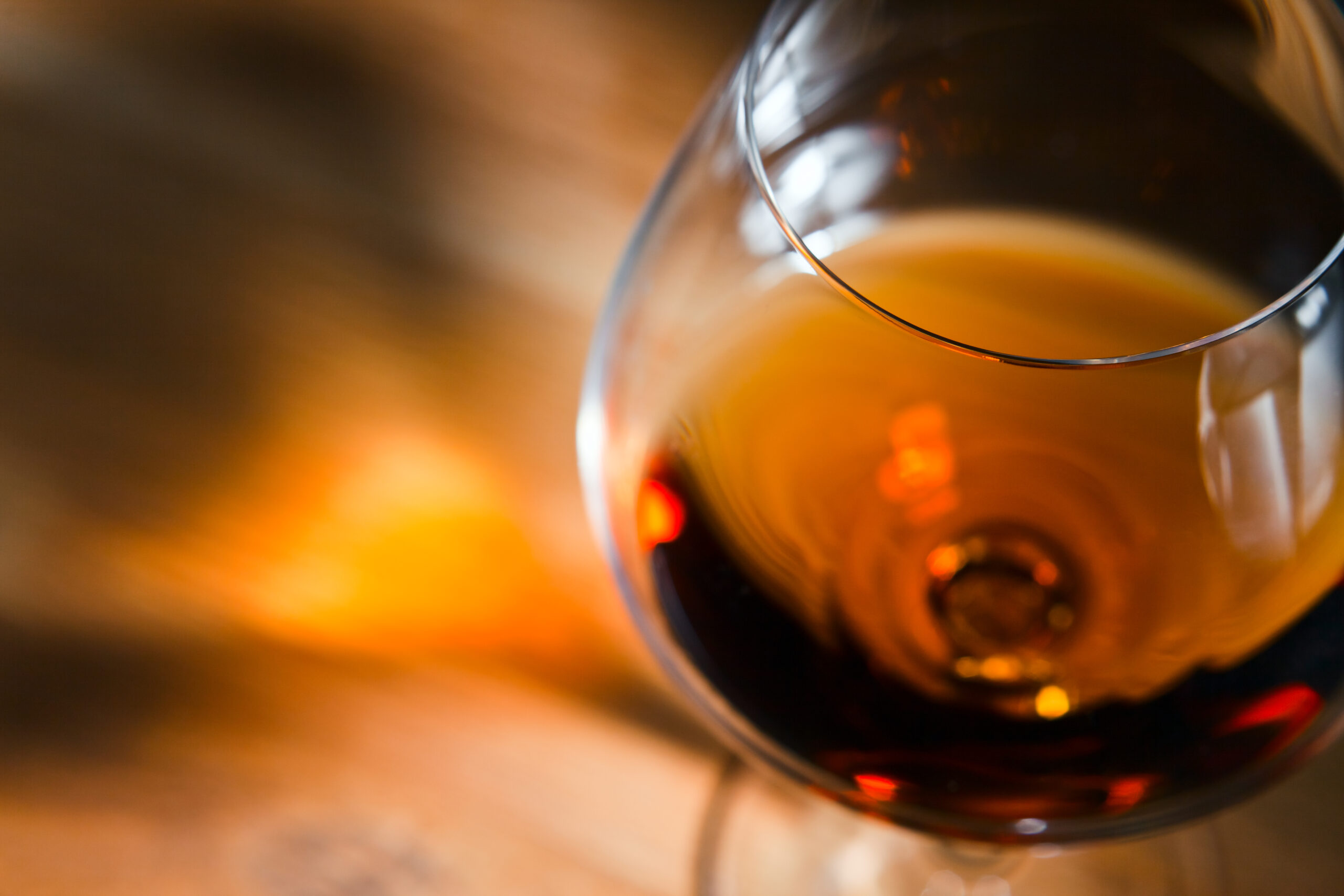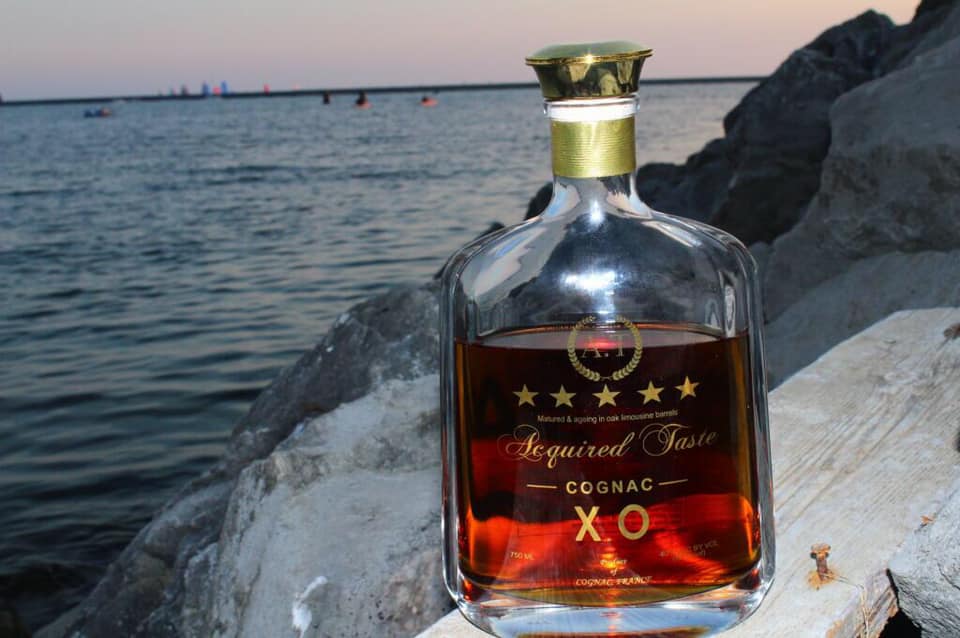Cognac is a luxurious and complex spirit that boasts a rich history and a sophisticated taste. As one of the world’s most prestigious spirits, it is appreciated for its unique aroma, texture, and flavor profile. The intricate process of creating Cognac involves several stages, including distillation, aging, and blending, which all contribute to the distinct taste and flavor of this exquisite spirit.
Cognac is a sophisticated and refined spirit that has captured the hearts of connoisseurs and enthusiasts around the world. The taste and flavor of Cognac are the result of a complex interplay of various elements that work together to create a unique sensory experience. These elements include the grape varieties used to produce the wine, the terroir in which the grapes are grown, the aging process, and the blending of different eaux-de-vie. All of these elements work together to create the signature taste and flavor of Cognac, which is characterized by its complexity, balance, and elegance.
One of the key elements that contribute to the taste and flavor of Cognac is the grape varieties used to produce the wine. Cognac must be made from a specific set of grape varieties, which include Ugni Blanc, Folle Blanche, and Colombard. Ugni Blanc is the most commonly used grape variety, as it is particularly well-suited for the production of high-acidic wines that can be distilled into high-quality eaux-de-vie. These grape varieties contribute to the light, floral, and fruity flavors that are characteristic of Cognac.
The terroir in which the grapes are grown also plays a significant role in the taste and flavor of Cognac. The chalky soils and maritime climate of the Cognac region provide ideal growing conditions for the grapes used to produce Cognac. The soil and climate contribute to the wine’s acidity, fruitiness, and minerality, which are important characteristics that are carried through into the final product.
Another key factor that affects the taste and flavor of Cognac is the aging process. Cognac must be aged in oak casks for at least two years, but many of the best Cognacs are aged for much longer periods. During the aging process, the Cognac develops a complex set of flavors and aromas that are the result of the interaction between the spirit and the oak. The oak imparts flavors of vanilla, caramel, and toasted nuts, while also contributing to the spirit’s smoothness and richness.
Finally, the blending of different eaux-de-vie is also an important element in the taste and flavor of Cognac. Master blenders carefully select and blend different eaux-de-vie to create a final product that is balanced and harmonious. The blending process allows the flavors and aromas of the different eaux-de-vie to complement each other and create a final product that is greater than the sum of its parts.
The taste and flavor of Cognac are the result of a complex interplay of different elements, including the grape varieties used to produce the wine, the terroir in which the grapes are grown, the aging process, and the blending of different eaux-de-vie. All of these elements work together to create a unique sensory experience that is characterized by its complexity, balance, and elegance.


